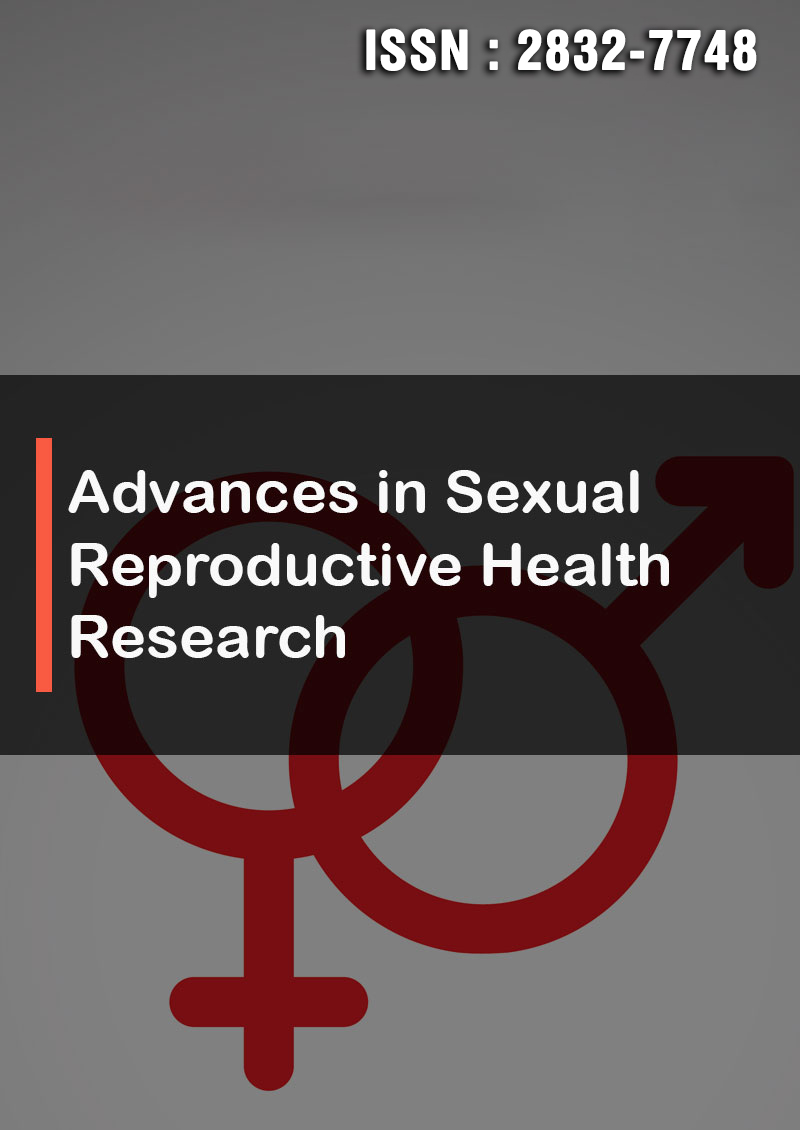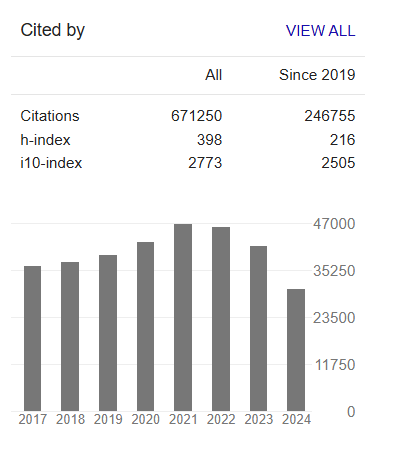The Impact of Covid-19 Pandemic on Obstetrics and Gynecology Residency Programs and Perspectives on Adaptive Ways of Training in Ethiopia
Abstract
Wondimu Gudu, Mekitie Wondafrash, Delayehu Bekele, Balkachew Nigatu, Mallee Barrera, Mekdes Daba Feyess
Background: The impact of Covid-19 on healthcare system and trainings has been tremendous and unpredictable. In addition to service re-organization, teaching institutions will have to devise adaptive mechanisms to cope up with the disruption in medical education and residency training. Objectives: to assess the effect of Covid-19 pandemic on obstetrics and gynecology residency program and explore residents’ & program directors’ perspectives on alternative academic approaches in Ethiopia.
Methods: This is a cross sectional mixed method study which was conducted at 12 institutions engaged in obstetrics and gynecology residency training in Ethiopia from May to June 2020. Quantitative data were collected from 240 residents employing an online platform (Google Forms) and focus group discussion was conducted using the ZOOM video-conferencing platform with eleven chief residents and eight program directors. Quantitative data analysis was performed using Stata 15 statistical software while thematic synthesis approach was used for the qualitative data analysis assisted by Atlas’s 7 for windows. Ethical clearance was obtained from IRB of Saint Paul’s Hospital Millennium Medical College.
Results: All levels of residents from all residency sites were represented. The level of residents’ engagement in various routine clinical services vary depending on the type of service during COVID-19 pandemic period. Residents’ involvement in routine ANC, high risk clinics are “slightly” reduced while in Gynecology OPDs, the reduction was “severe”. There was no effort made to address the psychological impact of the pandemic on residents. The level of reduction in didactic and clinical teaching (rounds, case presentations, seminars, management sessions ranged from “some” to “complete interruption” for most of the residents at different years of training. Although the reduction in obstetric practical exposure (normal delivery, cesarean delivery) was “slight”, there was “sever” reduction to “complete suppression” (>80%) in major gynecologic surgeries primarily affecting final year residents. Research activities are completely halted in most of the institutions. Generally, adaptive methods to sustain the residency training were implemented in very few of the institutions.
Conclusions: There was significant disruption in all domains of the residency training following the report of the first case of COVID-19 in Ethiopia. The preparedness and response of the programs was very poor and there was limited effort in implementing adaptive teaching methods in almost all of the institutions.




